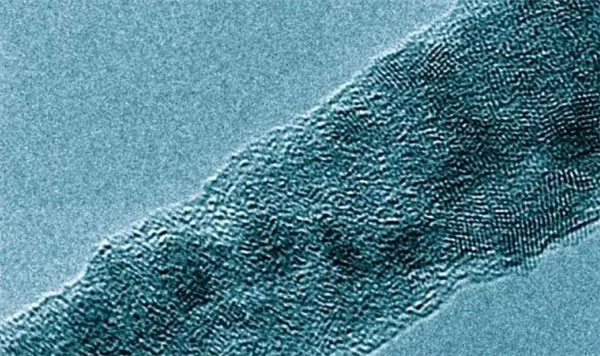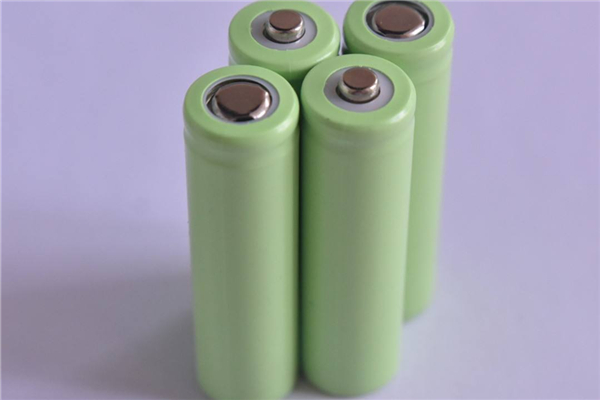Is it bad to charge a lithium ion battery overnight?
APR 02, 2020 Pageview:1350
Can you overcharge a lithium ion battery?
Most Lithium ion batteries nowadays have an internal circuit to stop the battery from overcharging. Generally, Lithium ion batteries can be charged 300 to 500 times without any problems. Modern Lithium ion batteries installed in various devices like laptops and smartphones have a control system installed which prevents the lithium ion batteries from overcharging. This is one of the reasons why lithium ion batteries are more expensive than other forms of batteries on the market. The only way a lithium ion battery can be overcharged is if the control system inside of the battery malfunctions, causing the battery to heat up while charging. Keep in mind that lithium ion batteries are affected by temperatures as well. So, avoid charging your lithium ion batteries in high-temperature environments. Another thing, avoid charging a fully discharged lithium ion battery. When a lithium ion battery is fully discharged, it enters a state called "deep sleep", attempting to recharge the battery while in that state, without the proper equipment will result in the battery overheating, which might cause explosion and fire.
So, to answer the above question, overcharging a lithium ion battery is not likely to happen due to the extensive security circuits on it. However, in some minor cases, it might happen.
Does overnight charging damage lithium ion battery?
The one issue all the specialists agree upon is that metal particle batteries area unit good enough that they are doing not let an overload happen. additional protection chips within ensure that it cannot happen during a tablet or smartphone or perhaps a portable computer. Once the interior Lithium-ion battery hits 100% of its capability, charging stops. that typically happens among an hour or 2, tops.
If you permit the metal particle battery blocked in long, it's about to use a small amount of energy perpetually trickling new juice to the battery anytime it falls to 99%. that's feeding into your phone's life.
Don't worry concerning this an excessive amount of. Plug your metal particle battery after you visit sleep; if you awaken someday within the night, disconnect it to forestall constant trickle-charging.
The trickle-charge will cause some heating up. several specialists suggest taking the metal particle battery out of any case to charge long. At the terribly least, don't stack a bunch of crap like books or different devices on high of a charging device. And for the love of Jobs, do not place it beneath your pillow. Do any of them on top of and you'll expect the device containing the metal particle battery to urge hot—not essentially enough for ignition, however a minimum of enough to break the battery.
Lithium-ion batteries hate 2 things: extreme cold and extreme heat. With cold, repeatedly charging a smartphone in sub-freezing temps will produce a permanent "plating of metallic Lithium" on the battery anode, per Battery University. you cannot fix that problem; doing it an excessive amount of is barely about to kill the battery quicker.
Don't let it get too cold or hot once charging. and do not place your device containing the metal particle battery within the deep-freeze. that's not good.
Running a tool containing Li ion battery till it's dead—a full discharge—every time isn't the thanks to coming with fashionable Lithium-ion batteries. do not even let it get that on the point of zero p.c. That wears out a Lithium-ion battery even quicker than traditional. Partial discharge is that the thanks to going.
Batteries are on borrowed time from the point in time. The insides are during a state of decay that cannot be helped. Over time, they are merely about to hold less and less power. If you have got an old iPhone five or six still in use and surprise why it's solely got a charge for a couple of hours compared to the just about full day you bought once it had been new, that's why. The capability diminishes over time.
Developing a "memory" was a haul with older nickel-cadmium (NiCad) batteries. that is wherever the complete "discharge the battery entirely" issue came from. As we said, it isn't necessary on Lithium-ion batteries.
So why do Lithium-ion batteries not appear to last as long as they age? it isn't concerning "memory," it's concerning capability. Your smartphone battery over its period of time degrades enough that within the same quantity of your time charging, a replacement phone might hit a full charge, whereas an older phone may solely get to around 82 %.
When should you charge your lithium ion battery?
Charging lithium-ion batteries is less complicated than nickel-based systems. The charge circuit is straight forward; voltage and current limitations are easier to accommodate than analyzing advanced voltage signatures, that amendment because of the battery ages. The charge method will be intermittent, and Li-ion doesn't want saturation as is that the case with lead acid. This offers a serious advantage for renewable energy storage like an electrical device and turbine, that cannot perpetually totally charge the battery. The absence of a trickle charge more simplifies the charger. Equalizing charger, as is needed with lead acid, isn't necessary with Li-ion.
The suggested charge rate of Associate in Nursing Energy Cell is between zero.5C and 1C; the whole charge time is concerning 2–3 hours. makers of those cells suggest charging at zero.8C or less to prolong battery life; but, most Power Cells will take a better charge C-rate with very little stress. Charge potency is concerning 99 % and also the cell remains cool throughout the charge.
Some Li-ion packs could expertise a temperature rise of concerning 5oC (9oF) once reaching full charge. this might ensue to the protection circuit and/or elevated internal resistance. Discontinue victimization of the battery or charger if the temperature rises over 10oC (18oF) beneath moderate charging speeds.
The full charge happens once the battery reaches the voltage threshold and also the current drops to 3 % of the rated current. A battery is additionally thought-about totally charged if this levels off and can't go down more. Elevated self-discharge could be the reason behind this condition.
Li-ion doesn't have to be compelled to be totally charged as is that the case with lead acid, neither is it fascinating to try and do, therefore. In fact, it's higher to not totally charge as a result of a high voltage stresses the battery. Chargers for client merchandise choose most capability and can't be adjusted; extended service life is perceived as more modest.
Some lower-cost client chargers could use the simplified “charge-and-run” methodology that charges a lithium-ion battery in one hour or less while not planning to the Stage two saturation charge.
Leave Message
Hottest Categories
-
Hottest Industry News
-
Latest Industry News












